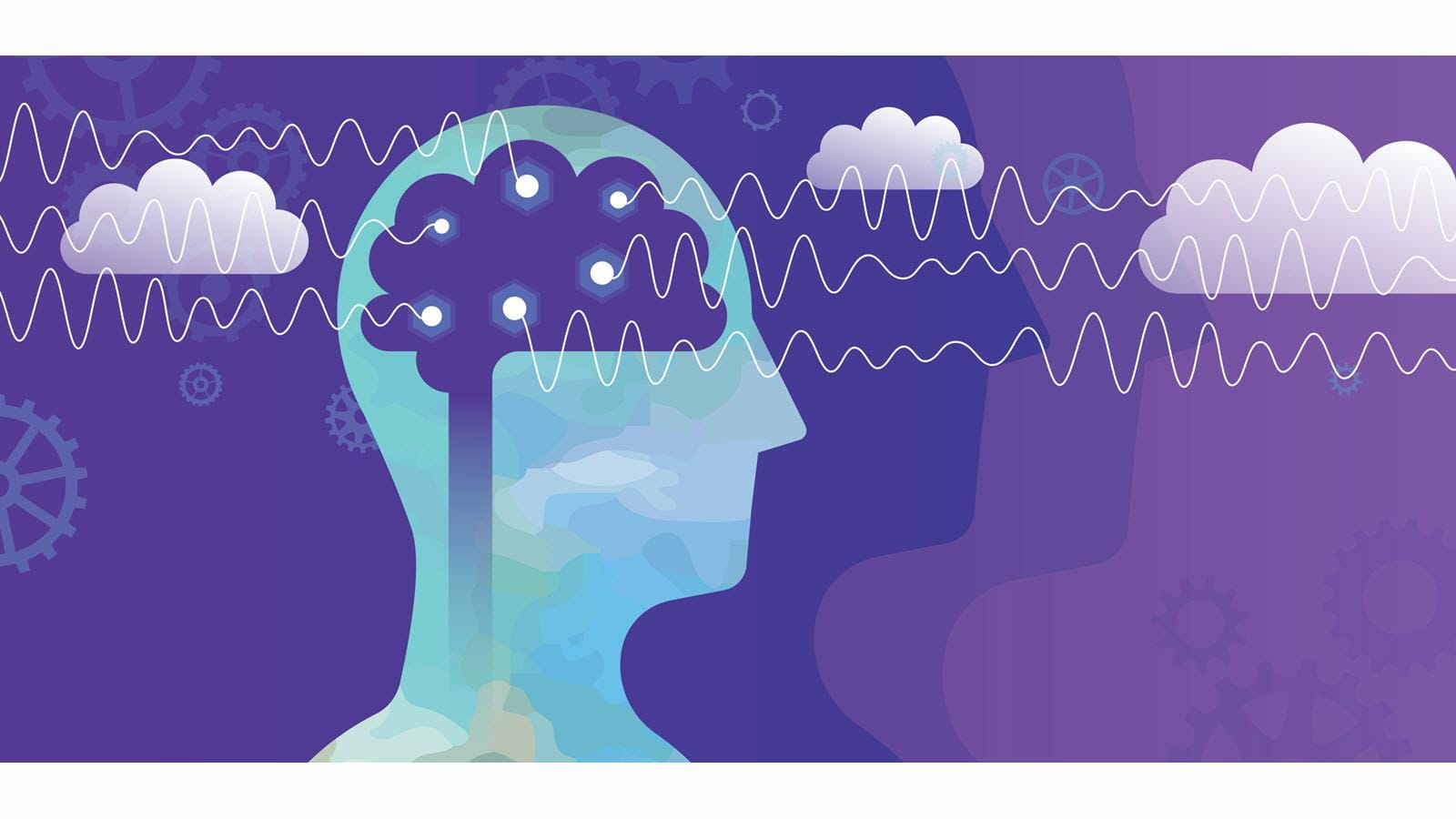Past research has shown depression and anxiety are more common among people who have rare diseases. A new study just published in the United Kingdom may shed light on how best to help patients and caregivers.
The study, published in BMC Health Services Research, used online surveys to ask 1,231 patients and 564 caregivers about the state of their mental health, and whether they thought their mental health needs were being addressed. Not surprisingly, mental health is a significant concern, with more than 90 percent reporting they felt anxious, stressed or depressed at some point. An earlier review study found that 39 percent of people with rare diseases were diagnosed with major depressive disorder and 44 percent with an anxiety disorder, at some point in their lives.
In the new BMC study, most felt the health care system could do more to support them:
- 46 percent said they were never asked about their mental health or emotional well-being.
- 39 percent said that their mental health needs were being met, compared to 62 percent who said their physical needs were met.
- 23 percent said their doctors and support staff thought mental health was as important as physical health.
- 80 percent of the study respondents said they felt they weren’t taken seriously by medical professionals, and half said they felt treated like a medical curiosity at times.
The respondents suggested changes that health care teams can take to support rare disease patients:
- Ask about a patient’s mental health at doctor visits.
- Help make patients and caregivers aware of existing services, such as counseling and support groups.
- Help patients navigate getting access to these services, some of which may be costly or have wait lists.
At the level of the provider, asking about mental health and being ready to point people toward resources can go a long way, especially right when someone is first diagnosed, the study’s authors say. Better training for medical professionals could help them feel more confident in recommending ways to improve mental health.
The study also recommended steps patients and caregivers can take, such as bringing up the topic of mental health with at doctor visits; asking about resources; seeking out counseling, if needed; and joining support groups and rare disease organizations to grow a sense of empowerment.
The news wasn’t all bad in the study’s findings: About 60 percent of respondents said they felt optimistic and that they were useful and close to others.



